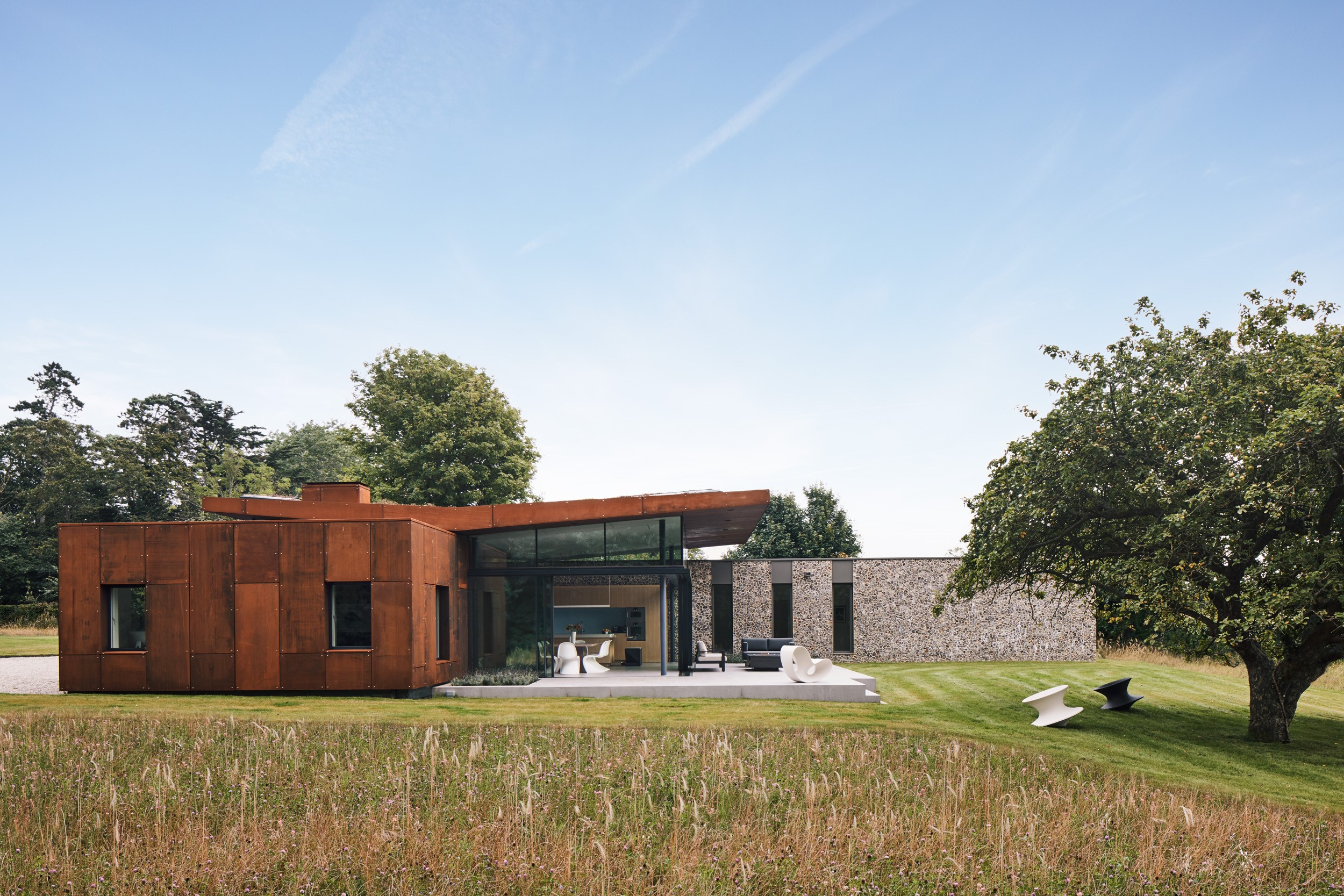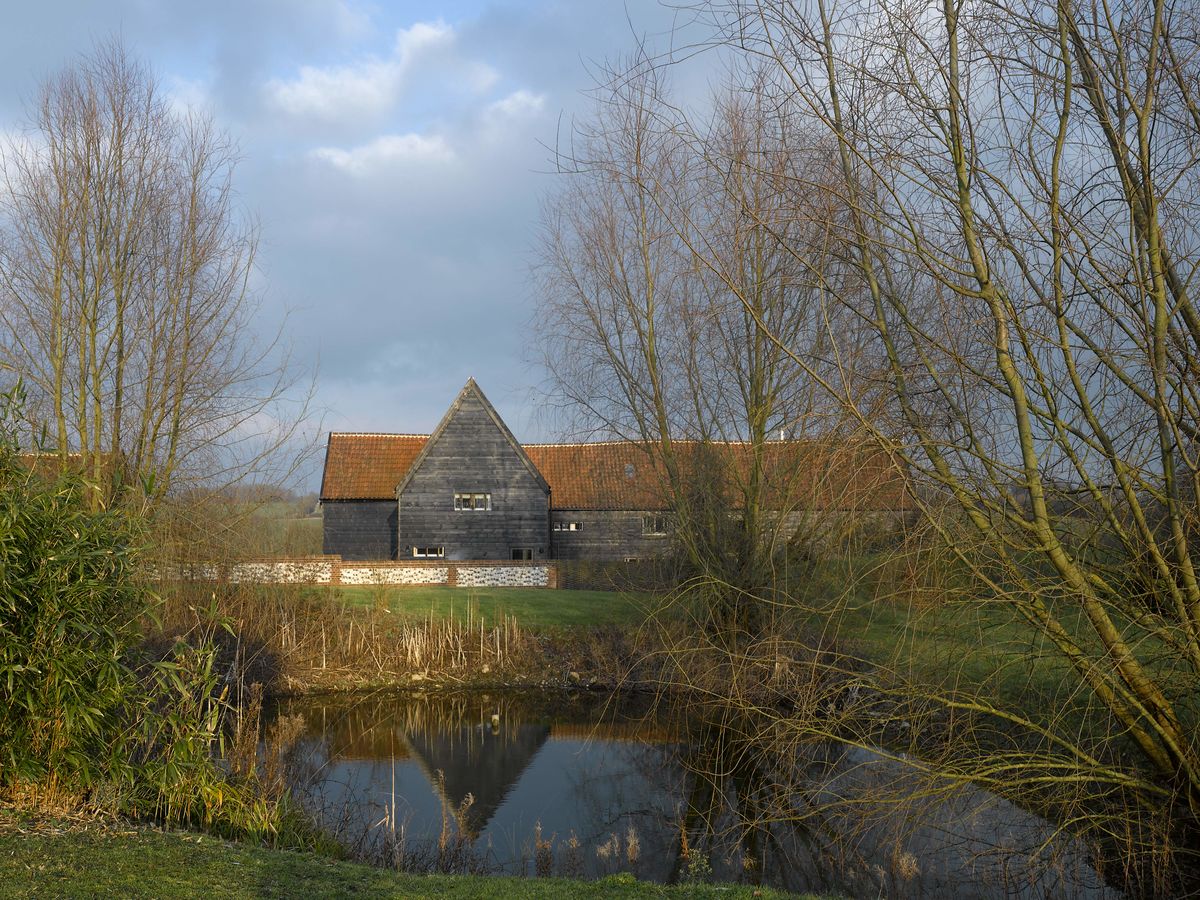Hailed as the most radical change to planning in over sixty years, the Government’s national planning policy framework published this week has quickly both drawn fire and approval. The National Trust warns of Los-Angeles style urban sprawl, while developers welcome the new pro-development agenda. The Campaign to Protect Rural England predicts “battles against development across the country that will make the public revolt against the forests look like a tea party”. Is it really so radical and will it be a positive improvement? We need a locally-rooted and pro-active planning system that does not hamper positive development and actively encourages good design. We need more housing to meet demand, provide greater choice and create better community services. Replacing thousands of pages of central government policy with fifty pages is welcome. And the central theme – a presumption in favour of ‘sustainable development’ – sounds good. But what does it mean and who defines it? Most importantly, can it be delivered? Sustainable development is defined as encouraging economic development within the framework of promoting ‘healthy communities’, good design and protecting our existing environment. Local authorities are charged with weighing up these issues and forming coherent detailed policy. It’s a tall order, and planners can no longer rely on central government guidelines – it all has to be done locally. There’s the rub: if authorities don’t produce up-to-date local plans, then any development that falls within the framework’s general guidelines will receive planning permission. Is this another way of the Government getting what they want by default and bashing local authorities, or is this a genuine opportunity to address pressing local problems at a local level with our democratically elected councillors – perhaps even to develop useful and positive neighbourhood plans? In principle this is fine, but local authorities lack the resources and skills to properly undertake the plans. Take quality of design. The minister, Greg Clark, says “Our standards of design can be so much higher. We are a nation renowned worldwide for creative excellence, yet, at home, confidence in development itself has been eroded by the too frequent experience of mediocrity”. That’s great, but who will ensure this? It’s good to encourage local design review panels but they will see few schemes and do little to embed design expertise in local government. A successful outcome of the framework needs need properly resourced local government financed by local taxes (as in Holland) rather than central hand-me-downs. Local authorities would be more independent and better able to determine the shape of our towns and countryside. While I concur with the spirit of the new framework, it can’t really tackle the issues effectively with our current system of governance. Anthony Hudson
DESIGN MATTERS: Will The New Planning Changes Make a Difference?
Author / Hudson Architects
Similar Journals

Free energy: Optimising orientation and glazing for solar gains
July 1, 2024One of the cornerstones of sustainable architecture is the strategic use of window and door openings around the building to harness solar gains, limit heat loss and prevent overheating. But what exactly are solar gains and how can a building be designed to reap the benefits? Jack Spencer Ashworth ex
Continue reading
Transforming Tradition: Six Remarkable Barn Conversions
September 4, 2023Barn conversions stand as a testament to architectural adaptability; turning traditional agricultural structures into functional spaces for a range of uses. Over the years, our team has embraced the challenge of preserving the character of these iconic rural buildings, while repurposing them for con
Continue reading
Retrofit Case Study: The Grade II* listed Institute of Education at UCL
February 20, 2023With the climate crisis continuing to accelerate, and campaigners pushing for #RetroFirst, the new question is: should we demolish or reuse? For some time, the industry’s conversation around sustainability focused on building in operation, specifically, the carbon emissions generated once a buildi
Continue reading